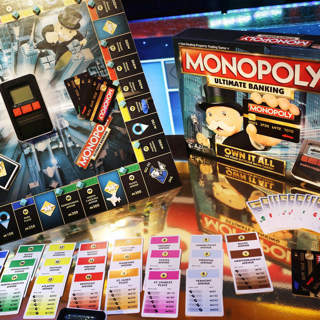Om avsnittet
There's more to Monopoly than you might think. It's one of the best-selling board games in history — despite huge economic instability, sales actually went up during the pandemic — and it's been an iconic part of American life at other pivotal moments: a cheap pastime during the Great Depression; a reminder of home for soldiers during WWII; and an American export during its rise as a global superpower. It endured even as it reflected some of the ongoing inequities in American society, from segregation and redlining to capitalism run rampant. That's because Monopoly is also built on powerful American lore – the idea that anyone, with just a little bit of cash, can rise from rags to riches. Writer Mary Pilon, the author of The Monopolists: Obsession, Fury, and the Scandal Behind the World's Favorite Board Game, describes Monopoly as "the Great American Dream in a board game – or, nightmare." This week: how a critique of capitalism grew from a seed of an idea in a rebellious young woman's mind into a game legendary for its celebration of wealth at all costs. And behind that legend — there's a lie.Learn more about sponsor message choices: podcastchoices.com/adchoicesNPR Privacy Policy
